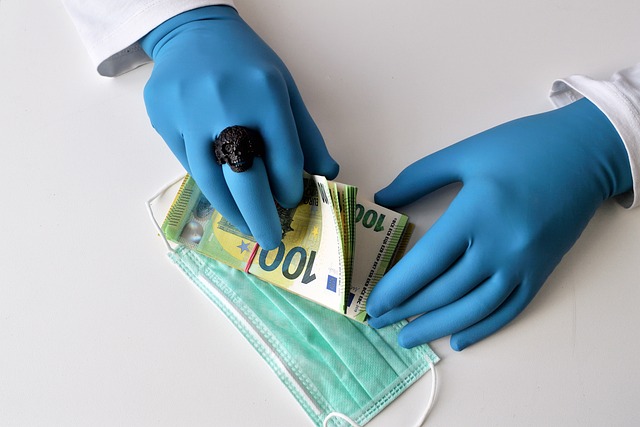Gabriel Țuțu was briefly detained on Monday and although released two days later, he was ordered to remain available to investigators.
Prosecutors claim that Țuțu concluded two contracts harmful for the company, one for purchasing seven second hand and inadequate machines for the production of protective masks and the other for materials for the production of masks and parts for the machines.
They also allege that he received over US$10,000$ from private companies in return for securing contracts for them with the Defense Ministry. More individuals may face charges in connection with this accusation.
Romarm is the main producer and direct exporter of military products in the country, but it joined the effort to fight against the pandemic, producing masks and other protective equipment and materials.
In the wake of the pandemic, the country’s Minister of Economy, Virgil Popescu, said he had a talk with Țuțu and gave him green light “to start a production line of sanitary equipment, masks, medical overalls in Romarm, so that it remains in the strategic production of Romania.”
The affair was revealed by the investigative journalism watchdog RISE Project which published photos that showed masks being made by machines with rusty parts.
At the time of the purchase, the government claimed that the investment would pay off if the factory produces 10 million surgical masks and one million N95 masks.
However, according to the former director of one of Romarm’s factories, Cristinel Nicula, the real capacity was only 14,000 masks per day, much less than the 300,000 to 500,000 per day that Prime Minister Ludovic Orban promised.

